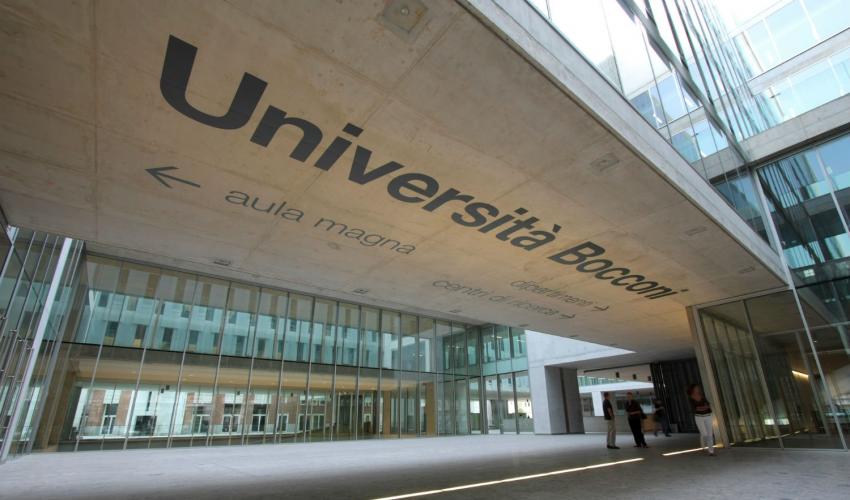Sailing Through the Storm: Healthcare Systems in Transition from Emergency to New Normal
The Italian Health Economics Association invites scholars to submit contributions investigating the current global health emergency and its impact on health and well-being of the population, as well as the impacts on healthcare organizations and health systems.
The worldwide crisis due to COVID-19 pandemic is having an impact on almost every aspect of our society. From early 2020, COVID-19 was curbed in many countries by imposing combinations of non-pharmaceutical interventions such as isolation, quarantine, travel restrictions, the closure of schools, universities, workplaces and public spaces and the adoption of other measures characterized by high degree of stringency. Even though social distancing has reduced the rate at which sick individuals may infect others, this has naturally come at the cost of an economic crisis and forgone the benefits of close social contacts.
Even though the full effects of COVID-19 and the associated economic crisis are yet to be fully evaluated, it is expected that they will not affect all people in the same way. Social isolation may have created a new set of challenges for people with pre-existing health concerns, including mental health consequences. In general, vulnerable and disadvantaged groups are likely to be impacted more severely; for instance, older adults, especially those with cognitive decline or dementia, need emotional support through informal networks and health professionals.
Younger generations too suffer because of the lockdown: education has been disrupted, young people, who have lost their jobs or were entering the job market when COVID-19 related recession occurred, might carry the impact of this shock for years. The adverse effects of such a countrywide crisis have extended beyond the income shocks, changing people’s overall wellbeing as well as their attitudes due to higher perceived risk.
As far as healthcare organizations are concerned, the pandemic has exacerbated the negative side effects of the austere health policies in the last ten years, especially the radical cuts in resources (professionals, beds, equipment, technologies for ventilation, etc.) available to tackle this emergency. Moreover, the characteristics of the pandemic have placed most healthcare organizations in a critical situation due to the necessity to simultaneously deliver emergency services to extremely high numbers of patients affected by the Coronavirus and to maintain the provision of adequate levels health services for non-Covid patients. As a consequence, healthcare organizations have had to rapidly reassess their governance, capacity, operations, information and communication systems, and, even more critical, the way they provide services, in order to deal with the pandemic.
The efforts for containing the COVID-19 have profoundly reshaped usual care: health care has been often provided in remote mode. On the one hand, the use of telemedicine and telemonitoring has been and will be crucial in order to ensure the delivering of health services; on the other, this might have a negative impact on equity in healthcare access, especially among elderly patients and among those with low health literacy skills and/or digital skills.
Moreover, the healthcare policies at regional, national, and supra-national levels have had different impacts on the effective and timely response to the Coronavirus Emergency (e.g., policies on provision of personal protection equipment and, above all, vaccines; hospitals and laboratories networks; implementation of primary care and transitional care solutions; protection of long-term care structures; telemedicine, and so forth).
As a lesson for future epidemics, the theme of the 26th annual conference is focused on the impacts that the COVID-19 has had (or might have had) on individuals’ health and well-being, on healthcare organizations and systems, and on what we could have gained or lost because of the pandemic.
However, it is possible to send contributions on issues not related to the main theme of the conference and which will be discussed in one or more dedicated sessions.
The annual conference of the Italian Health Economics Associations is a unique opportunity to bring together scholars, healthcare practitioners and policy makers to discuss the lessons learnt.
Contributions can be theoretical, empirical or policy oriented and in the areas of the health economics, policy and management.
The Call for Abstract for the 2021 Annual Conference is extended to September 30, 2021
The registration for the 2021 Annual Conference is open until November 21, 2021


